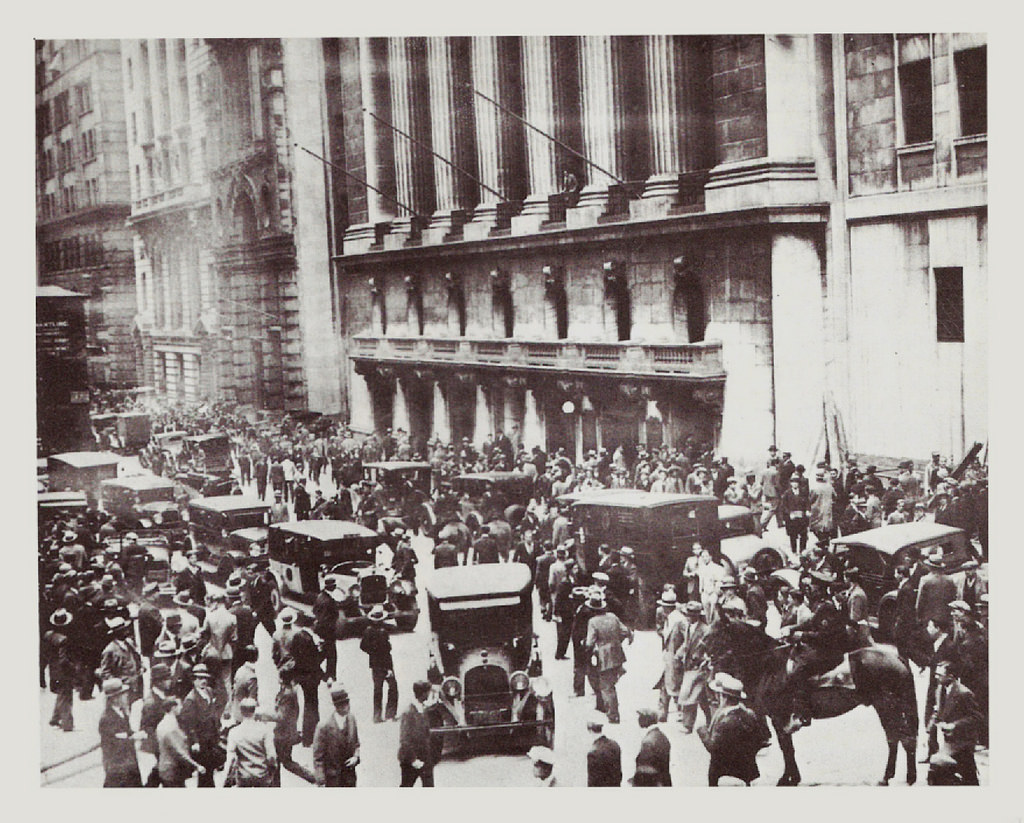
Why we are programmed to panic
Humans are terrible investors. Our brains are primarily driven by emotion and, in certain situations, it can make us act irrationally. This presents a problem for traditional economics, where there is a presumption that everyone acts rationally.
To demonstrate this, imagine I offer you a game to play. A simple coin-toss: heads or tails. If you win, I will give you £1; if you lose, you give me £1.
Most people would be pretty indifferent about this. And rightly so: economic theory would calculate the expected return of this game to be zero. Therefore, the game is neither worth playing nor avoiding.
But let’s now change the stakes. Instead of betting £1, let’s bet your house. If you win, I will give you another house. If you lose, you and your family will lose the roof over your heads.
I suspect that there would be very few takers now. Yet pure economic theory says we should still be indifferent about a game with the same expected return (zero).
However, our emotional reaction is to fear losing our house. The impact of that would be far worse than the joy of winning a second house of equal value. In fact, Daniel Kahneman (the Nobel-prize winning author of “Thinking Fast and Slow”) has observed that the pain of loss is up to two-and-a-half times greater than the joy of winning. “Losses loom larger than gains,” he points out.
Therefore, when the stakes are high (e.g. where you fear the threat of poverty in old age, or risk having to pull children out of school because you cannot afford the fees), we have a greater tendency to lose our discipline and panic.
Fortunately, there are steps that you can take to help maintain a more disciplined, rational approach.
- The first is to fully understand your attitude to risk, and do not be tempted to take on too much risk. More volatile investments have been shown to be more detrimental to investor outcomes, as they amplify the emotional ride and encourage mistakes.
- The second is to be able to counsel an independent, objective and unemotional opinion from a third-party when needed.
- The third is to ensure you can trust in the investment process that underpins your portfolio, preferably with the ability to see how it would have performed through a wide variety of market conditions and previous crises.
At Kennedy Black Wealth Management, we help take care of all three. Of note, we can back-test our client’s investments to 1926, thereby capturing the Great Depression, WW2, the oil crisis of the 1970s, Black Monday 1987, the dot-com boom and the recent financial crisis.

Sorry, the comment form is closed at this time.